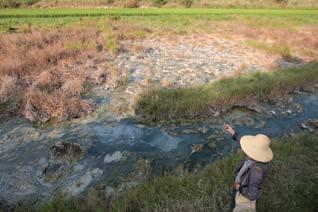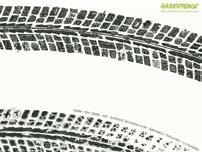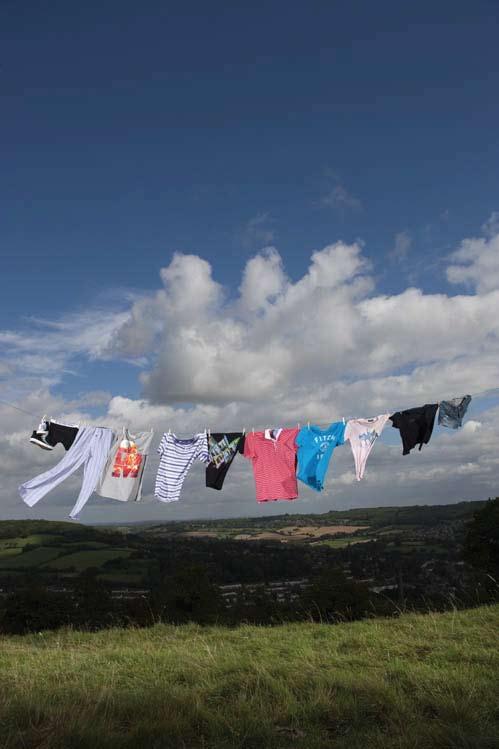
6 minute read
LOBBY
IDEAL – LOBBY 25
Oceans Defender
At the beginning of this year, Greenpeace reported that the MV Lung Yuin, a 3,431 ton flag of convenience refrigerated fish carrier ship, was in breach of Taiwan’s flag of convenience ordinance. The Lung Yuin has a murky past and has long been on Greenpeace’s radar. She was apprehended in Japan in 2004 for illegal fishing and has faced allegations of onboard human rights abuses in recent years. We have identified over 235 FOC vessels which should have registered with the government. To date the government has ignored this problem.
You might remember the protest we staged against the Lung Yuin back in January. Our brave activists prevented the ship from leaving Kaoshiung port for several hours by locking themselves to the anchor chain. Taiwan’s Fisheries Agency skirted their responsibility, and claimed that since the Lung Yuin is a cargo ship it did not need to register and now Chang Soon Corp, the ship’s owner, has pressed charges against Fen Kao.
This case here in Taiwan has just begun and we will continue to tell the people who should be managing our oceans that they have to do their jobs - and manage them for the benefit of the billions of people around the world who need the oceans for food and jobs. After all, fishing industries, governments and most importantly ordinary people like you and me, all have a vested interest in our oceans.

Kao Yu-Fen tells us why she loves her job
“I want to use my knowledge to fight injustice and change the way that information is controlled by people with privilege. I want to start a public debate on our oceans, because interest groups have all the power here, but their fate affects people across the globe. I see my mission as revealing the truth, pushing the issue to the forefront of our lives, using the media, and asking the public to consider our marine planet. I love my job!”
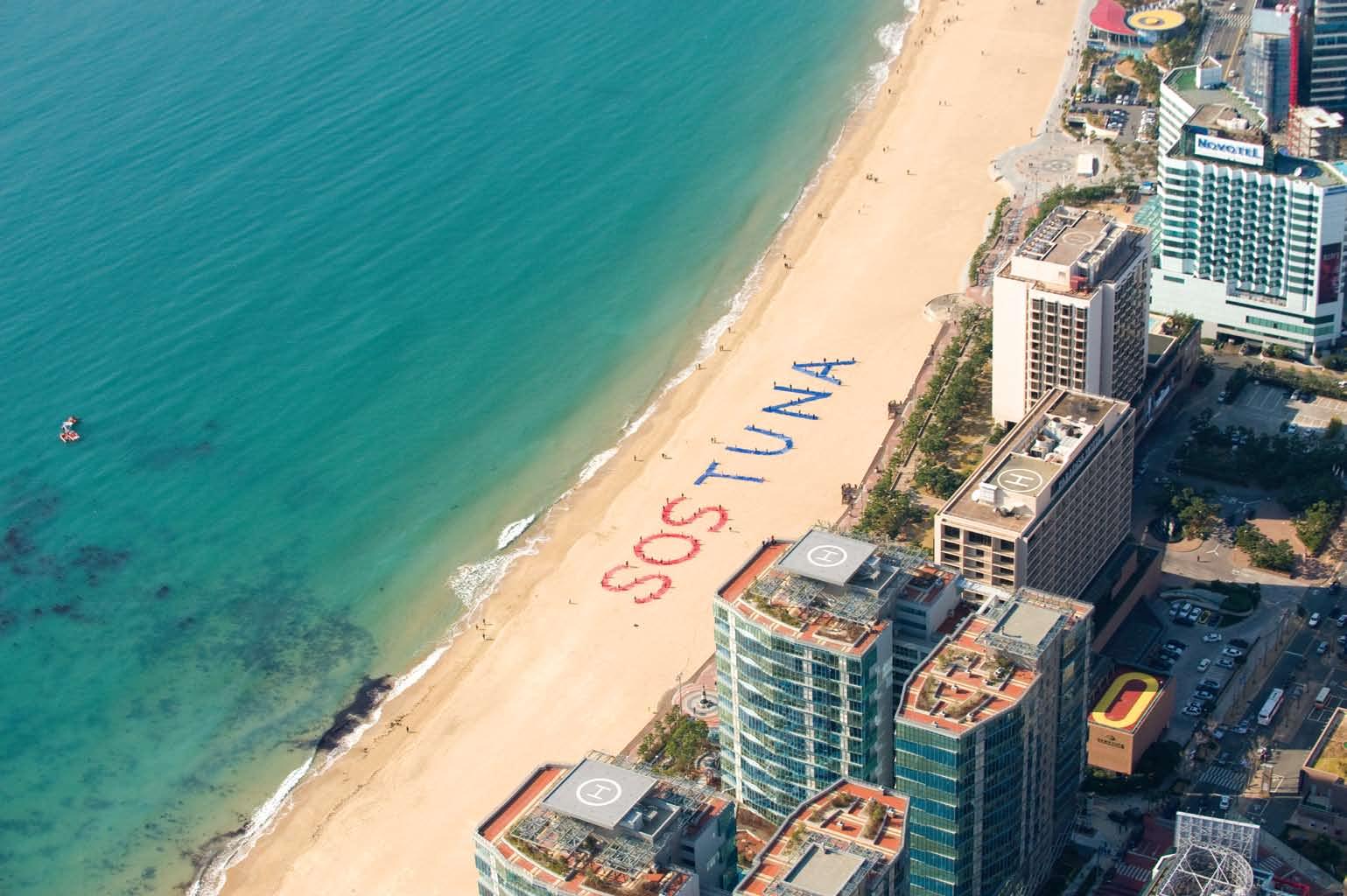
Recent scientific evaluation has shown that if nothing changes, most commercial fisheries will have collapsed by 2048.
IDEAL – LOBBY

27

Not Enough Fish in the Sea
And thus we arrive at the last of our IDEAL letters, Lobby. Let us tell you the story of our new Taiwan office as it is perhaps the best current example of our lobbying work.
It was a passion to protect our oceans and the fish that sustain many millions of people that impelled us to open an office in Taipei last year. Taiwan sits at the edge of the Pacific Ocean where the bulk of the world’s fish stocks live. 60% of the world’s tuna come from the Western and Central Pacific Ocean. Because they are near the top of the food chain, their numbers indicate the health of a marine ecosystem. The news is not good.
Tuna in trouble
This wonderful fish - the majestic bluefin tuna weighs in at 700kg, can accelerate faster than a Porsche and swim as fast as 43mph – has been exploited since large-scale industrial fishing began in the 1950s. Bigeye and yellowfin tuna are fully exploited or over exploited in all oceans. Large modern fishing ships are able to take as much tuna in two days as whole countries can take in a year.

What’s Taiwan got to do with this?
Taiwan is at the center of the crisis facing our oceans. It has fishing boats in every ocean of the world, and it has the largest fishing fleet in the Pacific.
Due to international condemnation after the number of its fishing vessels had spiraled out of control Taiwan cut the number of its distant-water fishing vessels to 2,200 in 2009. However, the number of Taiwanese has continued to rise because many of them just register under a flag of convenience (FOC). The number of FOC vessels operated by Taiwanese fishermen has grown rapidly in recent years. Factoring in FOC ships, Taiwan has one of the biggest tuna fleets in the world.
What’s our answer?
As well as getting the Taiwan government to crack down on FOC
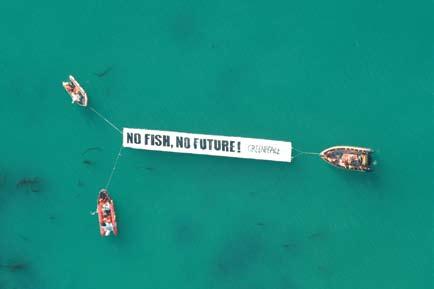
vessels, the worldwide problem of saving our oceans has a simple solution: a network of marine reserves (national parks in the sea), where fishing and mining would be prohibited. Ideally, these reserves would cover about 40% of the world’s oceans.
Greenpeace is committed to campaigning for the establishment of marine reserves in the high seas off the coasts of Taiwan and South Korea to save our fragile marine ecosystems. If you can spare an additional gift it would really help our Ocean Defenders campaign catch illegal fishing vessels, lobby for sustainable fishing practices and the setting up of marine national parks. Please follow the link to donate online. www.greenpeace.org/eastasia/donate/
GREEN FOOTPRINTS

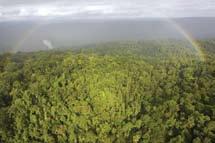
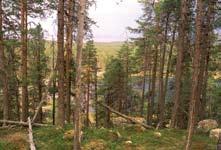
2005 2006 2007
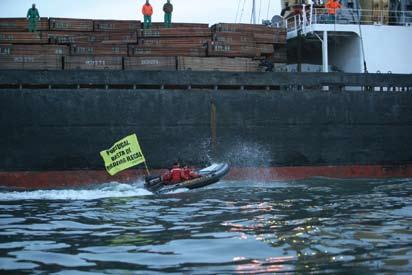

2008
Photocopy giant Xerox agrees to stop buying timber pulp from StoraEnso, the Finnish national logging company which is cutting down one of Europe’s last remaining ancient forests. Our campaigning results in a presidential decree in Brazil which creates a conservation area in the Amazon rainforest twice the size of Belgium (16 million acres). We lobby China’s largest home improvement retailer B&Q to pledge not to sell any wooden product that is made from illegally felled timber. We persuade Unilever and Italian chocolate maker Ferrero (creators of Nutella) to stop buying palm oil from companies that destroy Indonesia’s rainforests to plant palm oil trees.
That air you are breathing comes to us courtesy of our planet’s great forests. They support all life on earth. They help in the fight to stop global climate change; sustain a myriad marvelous animals (two thirds of the world’s total). Why is it crucial that we end deforestation?
• “Remaining forests are critical to stabilize and maintain our climate. If we don’t maintain our forests, this will only increase climate change. Plus, forest ecosystems are where most of the earth species are held.” Greenpeace campaigner 2011 • To end deforestation globally, the international community must urgently agree on a mechanism to reduce greenhouse gas emissions from deforestation in developing countries – where most of the world’s remaining ancient forests are found. • Greenpeace is lobbying for an international framework that could do just that. This mechanism or program is known as ‘reduced emissions from degradation and deforestation’ (REDD). • We are campaigning for massive funding to be made available to developing countries to increase their capacities to manage and monitor their forests to protect the global climate, as well as to develop economic alternatives to tropical forest destruction.



